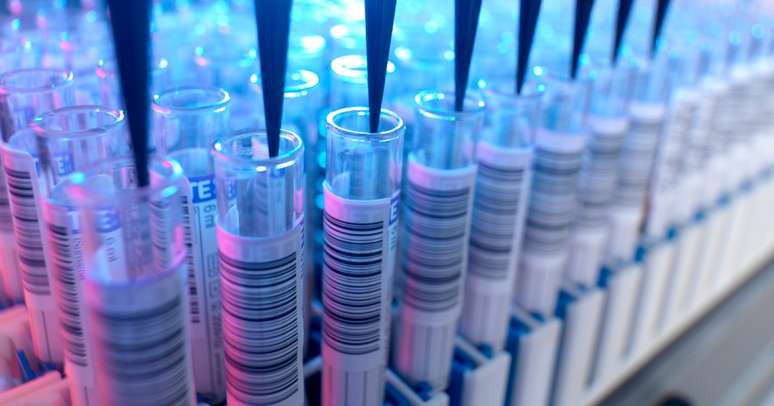The test is performed to identify the concentration of antibodies against the hepatitis B virus. Understanding how the anti-HBs test works
What is the anti-HBs test for?
The anti-HBs test is used to identify the amount of antibodies a person has in the blood against HBs Hepatitis Ba disease caused by a virus that causes inflammation of the liver. According to Sheila Pinto, a pharmacist at Badim Hospital, the exam is generally indicated for patients who have received treatment for the disease or after vaccination.
A person infected with the virus hepatitis B has some viral markers that can be identified by analyzing blood. Virus surface antigen (AgHBs) is a marker of infection and the presence of antibodies against this antigen (anti-HBs) indicates protection against the disease.
How does the anti-HBs test work?
According to Sheila, there is no need to fast or do any kind of preparation before the exam. The laboratory professional collects a blood sample from the patient, which will undergo a serological analysis process.
If the result shows the presence of anti-HBs, the test should be repeated. “After 30 and 60 days, it is recommended to perform a new test in case of positive anti-HBs. The reason is that, due to infection with different subtypes of the hepatitis virus or the formation of immune complexes (or antibody complex -antigen ), the test may indicate a false positive result”, explains the pharmacist.
Results of anti-HBs tests
…
See also
Hepatitis B: what it is, symptoms, transmission and if there is a cure
Viral hepatitis kills more than 1 million people a year and is the theme of Red May
4 types of cancer caused by viruses
The hepatitis B vaccine is safe and available to people up to 49 years of age
Correct diet during treatment of hepatitis
Source: Terra
Ben Stock is a lifestyle journalist and author at Gossipify. He writes about topics such as health, wellness, travel, food and home decor. He provides practical advice and inspiration to improve well-being, keeps readers up to date with latest lifestyle news and trends, known for his engaging writing style, in-depth analysis and unique perspectives.








